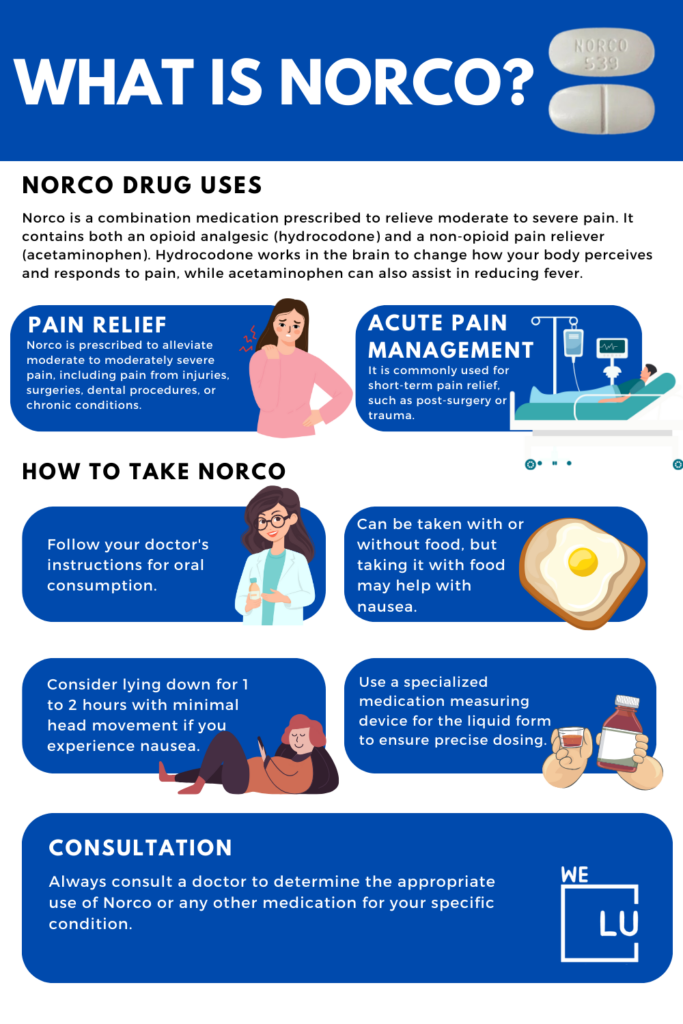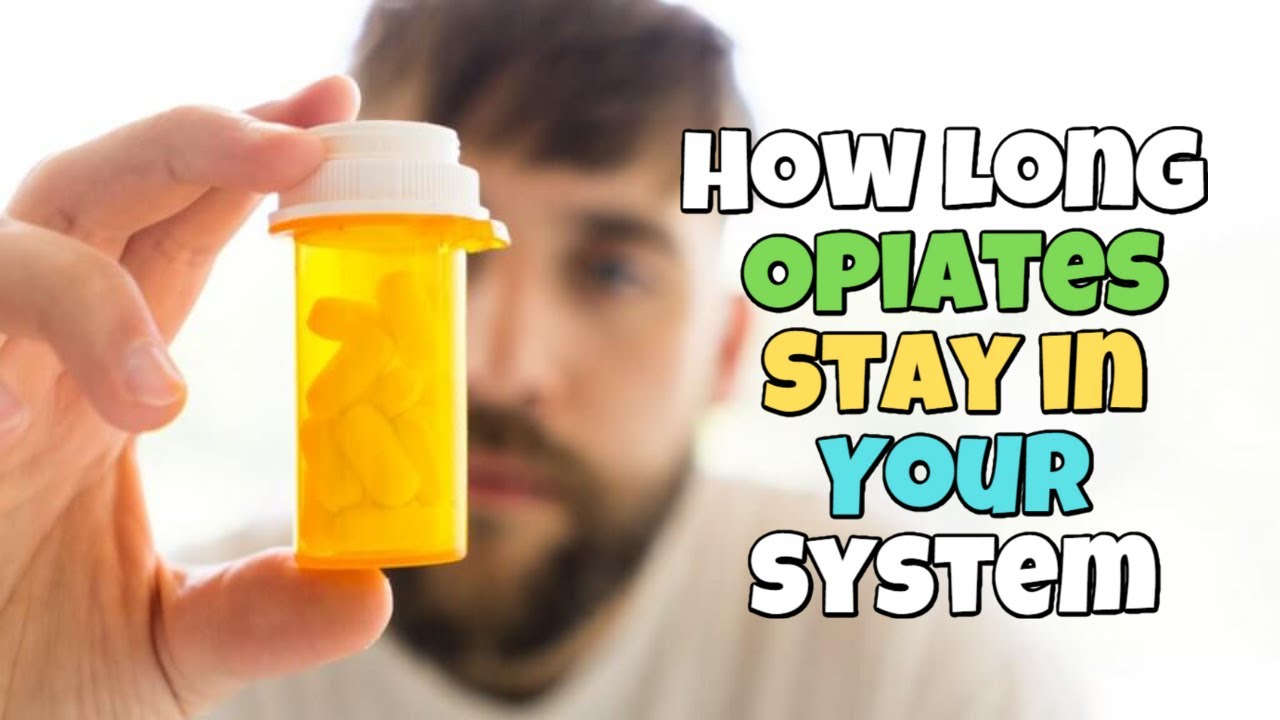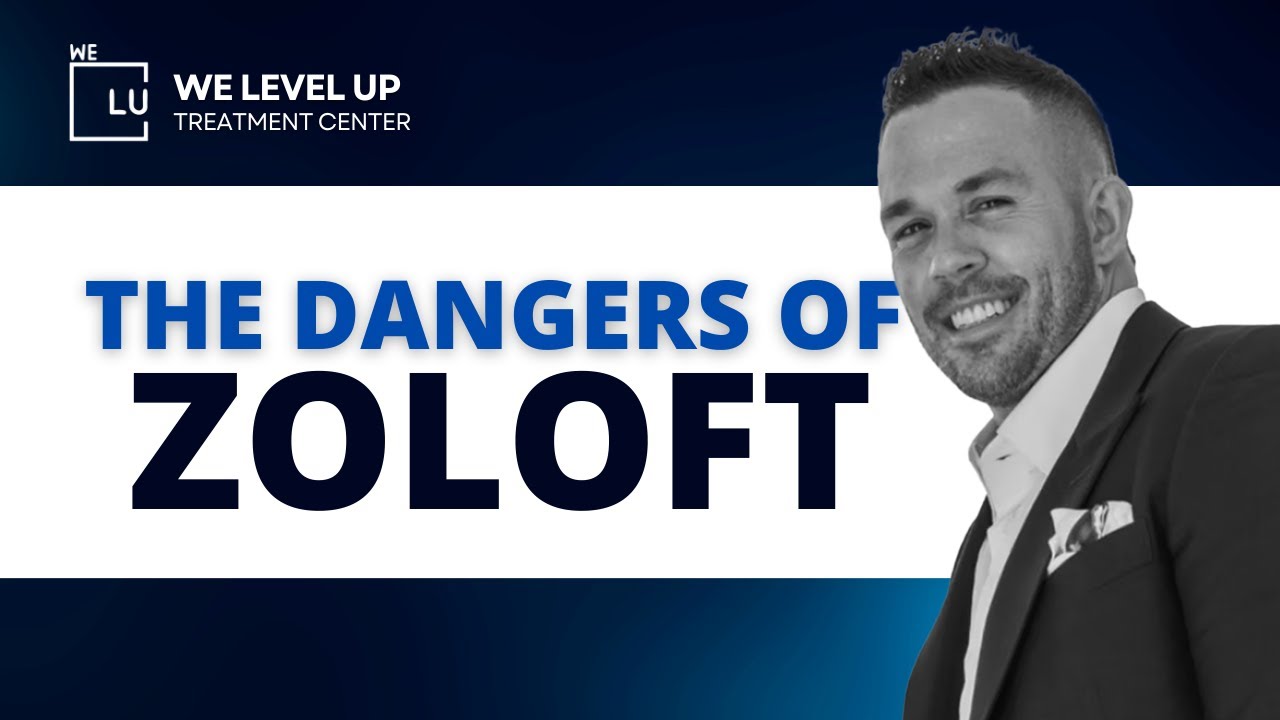Hydrocodone remains a widely prescribed opioid in the United States and is utilized to alleviate pain associated with conditions like cancer, arthritis, and persistent coughs.
While commonly recognized as Vicodin, this medication combines hydrocodone with acetaminophen. Various brands incorporate this combination, including Lortab, Norco, and Lorcet.
These hydrocodone-containing products have a significant potential for misuse. The DEA downgraded these substances from Schedule III to Schedule II in 2014. Drugs in this classification possess medical applications but also present a risk of addiction and mental health complications.
Given hydrocodone’s prolonged presence in the system, healthcare providers can detect even small amounts in a person’s saliva, hair, blood, or urine.
The hydrocodone addiction treatment centers at We Level Up can assist you or someone you know. Get help for your addiction and learn about our programs approved by experts by calling our toll-free helpline.
How Long Does Hydrocodone Stay in Urine?
Hydrocodone, a potent opioid prescribed for moderate to severe pain relief, carries the risk of misuse and addiction. Particularly in the days leading up to a drug test, knowing how long it stays in your urine is critical.
Several factors, including dosage, frequency of consumption, and individual body chemistry, affect the duration that hydrocodone is detectable in urine. In most cases, it remains traceable for a maximum of four days following the final dose.
More than four days may pass before hydrocodone leaves the system for some people, especially those taking larger dosages or using the drug for an extended period. Long-term users may have built up traces, which makes the typical detection window longer.
Being honest regarding the use of hydrocodone helps during drug testing. To make sure you manage your pain effectively and stay on top of your test prep, talk to your doctor.
What Affects the Duration of Hydrocodone in Urine?
Dosage
Individuals receive dosages based on physical attributes like height, weight, and body fat, resulting in varying doses. Higher doses take longer to metabolize, prolonging hydrocodone’s presence in the system.
Genetics
The body’s enzymes, particularly CYP450 and UDP-glucuronosyltransferases, differ among individuals due to genetic makeup, influencing drug metabolism and duration in the body.
Long-Term Use
Extended hydrocodone usage over months or years increases the time needed for the drug to clear the system due to pharmacodynamic tolerance. Increased drug intake can lead to decreased sensitivity to its effects and a more extended stay in the system.
Frequency of Intake
Different formulations of hydrocodone, like extended-release capsules taken every 12 or 24 hours, affect elimination time. The 24-hour tablet takes longer for the body to eliminate.
Other Kinds of Drug Tests That Detect Hydrocodone
Hair Testing
Hair follicle tests are challenging for individuals trying to anticipate drug tests. Unlike urine tests that detect substances for a few days at most, hair follicle tests can reveal drug use for months. Hydrocodone, for instance, might register on a hair test for up to 90 days post the last dose. It’s important to note that substances may take a week or two to manifest on this test, often necessitating a different testing method for immediate results.
Blood Testing
Blood tests, considered more precise than urine tests, are utilized to verify a positive urine test, preventing false positives. Hydrocodone remains detectable in blood for approximately 24 hours after the final dose. However, due to invasiveness and cost, blood tests are less common in workplace drug screenings and more prevalent in legal and forensic settings, although workplace blood tests are still possible.
Saliva Testing
Saliva tests are non-invasive and relatively simple to conduct. They can reveal hydrocodone in saliva for 2 to 3 days after ingestion. Often, they are used as an alternative to urine tests or in-field tests conducted by law enforcement officers.

Skip To:
Learn More:
- What is Norco? Norco Drug For Severe Pain Information
- Is Oxycodone Addictive
- What Is Oxycodone?
- Oxycodone Side Effects
- Opiate Withdrawal
- Opioid Withdrawal Timeline
- Opioid Withdrawal Symptoms
- Tramadol vs Oxycodone: Which is Better? Side Effect Comparison
- Oxycodone Dosage Guide, Precautions, and Max Dose
- Oxycodone Vs Oxycontin. Differences & Similarities, Abuse & Treatment Options
Get Help. Get Better. Get Your Life Back.
Searching for Accredited Drug and Alcohol Rehab Centers Near You? We Level Up Texas Is Opening Soon!
Even if you have failed previously and relapsed, or are in the middle of a difficult crisis, we stand ready to support you. Our trusted behavioral health specialists will not give up on you. When you feel ready or just want someone to speak to about therapy alternatives to change your life call us. Even if we cannot assist you, we will lead you to wherever you can get support. There is no obligation. Call our network hotline today.
FREE Addiction Hotline – Call 24/7
Warnings For Hydrocodone Addiction and Abuse
When Hydrocodone is Abused via Snorting
Abusing Hydrocodone by snorting it can exacerbate the risk of overdose due to its rapid absorption and intensified effects. Crushing and inhaling Hydrocodone pills can lead to nasal cavity damage and, in severe cases, loss of smell. This form of drug abuse often leads to frequent nosebleeds, congestion, and recurring sinus infections. Long-term snorting may result in hoarseness and, in severe scenarios, a deviated septum.
Complications of Injecting Hydrocodone
Crushing Hydrocodone pills, mixing them with liquid, and injecting the substance significantly increases the risk of overdose. Injecting the drug causes a quick and potent high as it promptly enters the bloodstream. This method of drug administration comes with various hazards.
Injection drug users may develop infections at the injection site or surrounding tissue, and the repeated use of needles can lead to collapsed veins. Moreover, sharing unsterile needles and equipment can increase the risk of contracting blood-borne illnesses like HIV or hepatitis.
Tolerance and Addiction Development with Hydrocodone
Progressive Hydrocodone use leads to tolerance, where higher doses are required to achieve previously felt effects. Tolerance is quickly followed by physical dependence, often culminating in addiction.
Upon discontinuing or reducing Hydrocodone use, withdrawal symptoms emerge. These symptoms mimic those of other opioids, including muscle cramps, nausea, vomiting, diarrhea, constipation, anxiety, drug cravings, fatigue, excessive yawning, bone pain, dilated pupils, restlessness, agitation, loss of appetite, and depression.
Get Help. Get Better. Get Your Life Back.
Searching for Accredited Drug and Alcohol Rehab Centers Near You? We Level Up Texas Is Opening Soon!
Even if you have failed previously and relapsed, or are in the middle of a difficult crisis, we stand ready to support you. Our trusted behavioral health specialists will not give up on you. When you feel ready or just want someone to speak to about therapy alternatives to change your life call us. Even if we cannot assist you, we will lead you to wherever you can get support. There is no obligation. Call our network hotline today.
FREE Addiction Hotline – Call 24/7When Is Hydrocodone Addiction Counseling Necessary?
Hydrocodone addiction counseling becomes necessary as drug usage intensifies or when an individual requires higher doses to achieve the same effects. There isn’t a fixed timeframe because each person’s experience with problematic usage varies.
Seeking counseling doesn’t mandate a person to be addicted. Initiating counseling sessions at the early signs of misuse could prevent more severe outcomes. These indicators might involve exceeding the prescribed hydrocodone duration or attempting to obtain additional prescriptions by changing doctors or pharmacies.
At times, individuals may be hesitant to acknowledge their problems. The CDC emphasizes the importance of a robust support network. Everyone has a role in aiding an individual’s recovery from hydrocodone addiction by encouraging them to seek counseling and offering support throughout the treatment process.
In summary, counseling is crucial as a preventive measure when hydrocodone misuse begins, reducing the likelihood of addiction. Moreover, it’s a pivotal aspect of the treatment process, aiding patients in enhancing mental health and addressing triggers that contribute to risky behaviors like substance abuse.
How Do You Beat Hydrocodone Addiction?
Successfully overcoming hydrocodone addiction necessitates appropriate treatment and expert assistance. Although some may consider tackling it alone, opioid addictions are severe and demand professional guidance, especially to manage withdrawal symptoms effectively.
Aside from professional care, overcoming hydrocodone addiction relies on a robust support system. Those battling this addiction require support from family and friends throughout the recovery journey. Encouragement for seeking help should be provided in a supportive and nonjudgmental manner.
Every individual’s journey through addiction recovery is unique, so it’s crucial not to compare experiences. Finding diversions to divert attention from drug cravings is vital. These diversions can vary widely but should not be detrimental. Positive distractions might involve chatting with friends, reading, writing, or walking.
An essential aspect of overcoming hydrocodone addiction is steering clear of substituting addictive behaviors. It is not a good idea to switch from hydrocodone to another drug or activity that is also addicting. This would keep the cycle of addiction going with a different substance. Counseling sessions play a critical role, especially for individuals grappling with anxiety, depression, or other mental health issues.
Maintaining structure in life proves beneficial as it keeps individuals focused and aids in adopting healthier habits. Such structure involves maintaining regular sleep patterns, exercising, and following a nutritious diet.

Start a New Life
Begin with a free call to an addiction & behavioral health treatment advisor. Learn more about our dual-diagnosis programs. The We Level Up treatment center network delivers recovery programs that vary by each treatment facility. Call to learn more.
- Personalized Care
- Caring Accountable Staff
- World-class Amenities
- Licensed & Accredited
- Renowned w/ 100s 5-Star Reviews
We’ll Call You
Hydrocodone Medication-Related Statistics
Despite declining prescription rates, opioid overdose deaths remain a significant public health concern. Many opioid-related deaths are attributed to the misuse of prescription opioids or illicit opioids, such as heroin and fentanyl. Unfortunately, Hydrocodone hydrocodone is included in the problem.
There is a need for increased access to evidence-based treatments for opioid use disorder, such as medication-assisted treatment (MAT) and behavioral therapies, to address the addiction crisis effectively.
If you or someone you care about showing signs of Narco addiction? Rely on We Level Up’s expert Narco addiction treatment specialists to address your concerns and provide reliable support. Our Narco rehab center offers immediate assistance for Narco addiction. We are available 24/7 to help Narco addicts and their families. Don’t hesitate. Call now for relief from Narco addiction symptoms.
1.6 Million
An estimated 1.6 million people in the US were reported to have opioid use disorder in 2019, indicating a diagnosed addiction to opioids.
Source: NCBI
70%
In 2020, over 69,000 drug overdose deaths in the US, and approximately 70% involved opioids.
Source: CDC
18%
In 2019, only about 18% of people with opioid use disorder received specialty treatment for their addiction.
Source: NSDUH
How Do You Remove Hydrocodone From Urine?
Removing hydrocodone from your system isn’t something you can rush or speed up once it’s entered your body. This drug undergoes breakdown by specific enzymes produced in your liver. This natural process of metabolism takes time, sometimes stretching across several days.
Feeling concerned about failing a hydrocodone drug test might signal a developing issue with the medication. Even though hydrocodone is a prescription drug, addiction concerns can emerge. Instead of abruptly stopping hydrocodone, which often triggers unpleasant withdrawal symptoms, consider seeking medical detox to reduce your dependence on the drug gradually. Following this, inpatient or outpatient rehabilitation programs could offer further assistance.
Hydrocodone Addiction Treatment
Upon completing detox, individuals may undergo various therapies and treatments as part of an extensive treatment plan. Rehab after detox is crucial for addressing underlying addiction causes. Rehab occurs in different settings:
- Residential or Inpatient Rehab: This involves residing onsite throughout treatment, receiving constant care, and participating in diverse therapies. Suited for severe addiction cases or those lacking supportive home environments.
- Outpatient Rehab: Requires traveling to the facility for treatment and returning home afterward. Suitable for individuals with supportive environments and reliable transportation.
Ongoing medication maintenance is integral for maintaining sobriety and averting relapse. Medications like methadone, buprenorphine, or naltrexone may be part of this maintenance. Naltrexone, functioning as an opioid antagonist, blocks opioid effects, preventing highs if opioids are used again.
Treatment for opioid use disorder encompasses diverse therapies and supports:
- Counseling: Addresses addiction-related issues.
- Behavioral Therapies: Cognitive-behavioral therapy (CBT), contingency management (CM), or motivational interviewing foster positive behavioral changes.
- Family Therapy: Repairs relationships affected by addiction.
- Vocational Training: Assists in employment post-rehab.
- Case Management: Aids with social services such as securing basic needs and legal aid, allowing individuals to focus on recovery.
Aftercare is essential for ongoing recovery. Post-treatment, participating in individual counseling, mindfulness-based relapse prevention (MBRP), attending support groups like Narcotics Anonymous (NA), utilizing recovery apps, or engaging in recovery management checkups with treatment providers are beneficial.
Comprehensive treatment should address substance use and associated medical, psychological, social, vocational, and legal issues tailored to individual needs.
Why Choose Level Up Treatment Center?
At Level Up Treatment Center, our dedicated team of professionals is committed to guiding you through every step of your recovery journey. We prioritize your well-being and provide a nurturing environment conducive to healing and growth.
Take the first step towards recovery today. Contact us to begin your journey to a drug-free life. You don’t have to face addiction alone—we are here to help you reclaim control and achieve lasting sobriety.
Start a New Life
Begin with a free call to an addiction & behavioral health treatment advisor. Learn more about our dual-diagnosis programs. The We Level Up treatment center network delivers recovery programs that vary by each treatment facility. Call to learn more.
- Personalized Care
- Caring Accountable Staff
- World-class Amenities
- Licensed & Accredited
- Renowned w/ 100s 5-Star Reviews
We’ll Call You
How Long Do Opiates Stay in Your System?
Search We Level Up TX How Long Does Hydrocodone Stay in Urine? Topics & Resources
Sources
[1] What is Hydrocodone? Habibi M, Kim PY. Hydrocodone and Acetaminophen. [Updated 2022 Dec 19]. In: StatPearls [Internet]. Treasure Island (FL): StatPearls Publishing; 2023 Jan-. Available from: https://www.ncbi.nlm.nih.gov/books/NBK538530/ How long does hydrocodone stay in urine, how long does hydrocodone stay in your urine, how long do hydrocodone stay in your urine, hydrocodone in urine test – Related Articles
[2] Cofano S, Yellon R. Hydrocodone. [Updated 2022 Oct 24]. In: StatPearls [Internet]. Treasure Island (FL): StatPearls Publishing; 2023 Jan-. Available from: https://www.ncbi.nlm.nih.gov/books/NBK537288/ How long does hydrocodone stay in urine, how long does hydrocodone stay in your urine, how long do hydrocodone stay in your urine, hydrocodone in urine test – Related Articles
[3] What is Hydrocodone? Hydrocodone Drug Related Topic. Hydrocodone Combination Products – MedlinePlus (.gov) How long does hydrocodone stay in urine, how long does hydrocodone stay in your urine, how long do hydrocodone stay in your urine, hydrocodone in urine test – Related Articles
[4] Hydrocodone: MedlinePlus (.gov) Drug Information. How long does hydrocodone stay in urine, how long does hydrocodone stay in your urine, how long do hydrocodone stay in your urine, hydrocodone in urine test – Related Articles
[5] NORCO® Hydrocodone Bitartrate and Acetaminophen Tablets, USP 5 mg/325 mg CII – US Food & Drug Administration (FDA). How long does hydrocodone stay in urine, how long does hydrocodone stay in your urine, how long do hydrocodone stay in your urine, hydrocodone in urine test – Related Articles
[6] DEA To Publish Final Rule Rescheduling Hydrocodone Combination Products – Drug Enforcement Administration (DEA). How long does hydrocodone stay in urine, how long does hydrocodone stay in your urine, how long do hydrocodone stay in your urine, hydrocodone in urine test – Related Articles
[7] What is Hydrocodone? Hydrocodone Drug Related Topic. ACETAMINOPHEN/ HYDROCODONE TAB – Veterans Affairs (.gov). How long does hydrocodone stay in urine, how long does hydrocodone stay in your urine, how long do hydrocodone stay in your urine, hydrocodone in urine test – Related Articles
[8] What is Hydrocodone? Hydrocodone Drug Related Topic. Counterfeit Hydrocodone Poisoning Outbreak — San Francisco Bay Area, California, March 25–April 5, 2016 – Centers for Disease Control and Prevention (CDC) How long does hydrocodone stay in urine, how long does hydrocodone stay in your urine, how long do hydrocodone stay in your urine, hydrocodone in urine test – Related Articles
[9] Olsen Y, Daumit GL. Chronic pain and narcotics: a dilemma for primary care. J Gen Intern Med. 2002 Mar;17(3):238-40. Doi 10.1046/j.1525-1497.2002.20109.x. PMID: 11929512; PMCID: PMC1495025.
[10] Cohen B, Ruth LJ, Preuss CV. Opioid Analgesics. [Updated 2023 Apr 29]. In: StatPearls [Internet]. Treasure Island (FL): StatPearls Publishing; 2023 Jan-. Available from: https://www.ncbi.nlm.nih.gov/books/NBK459161/ Norco addiction






